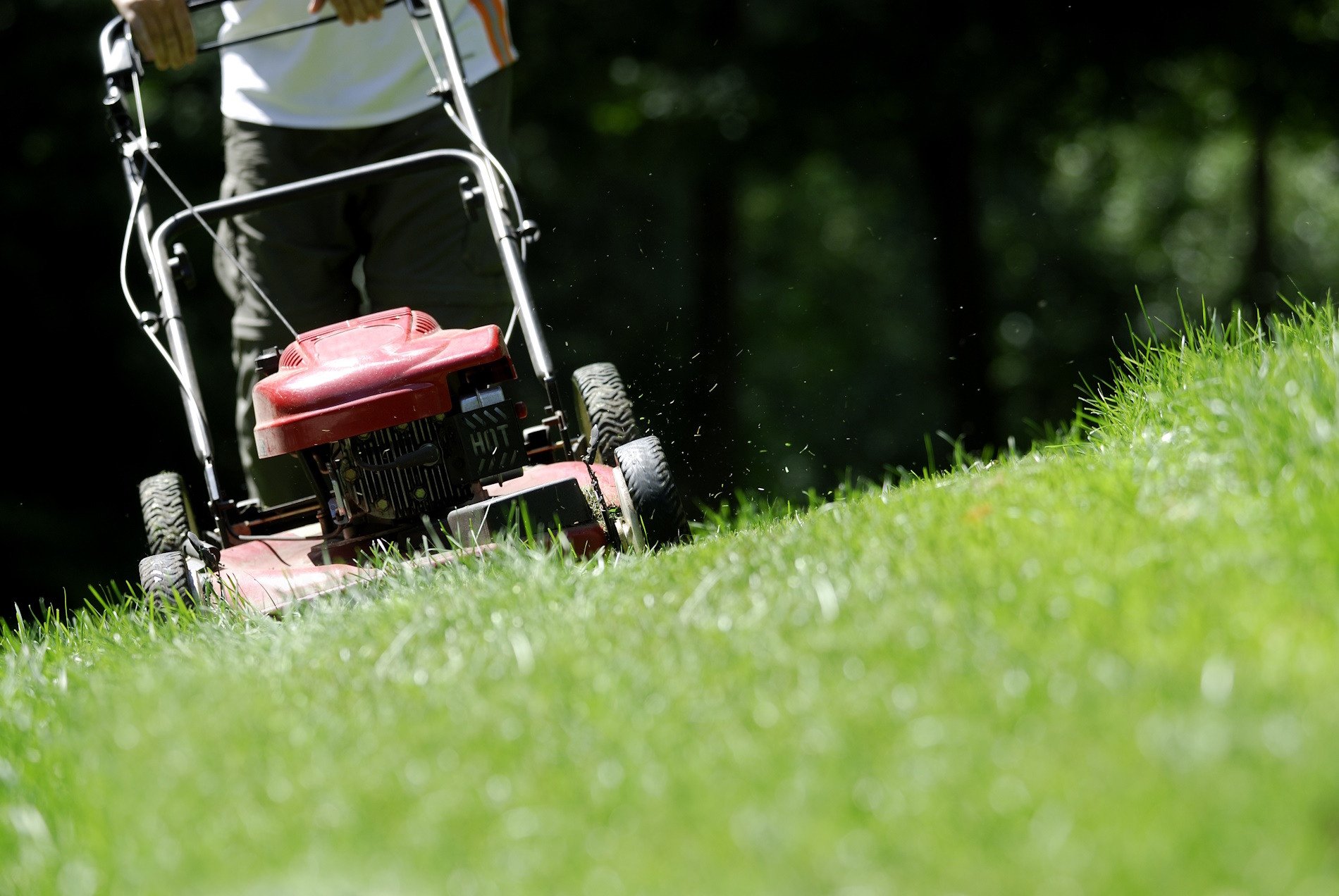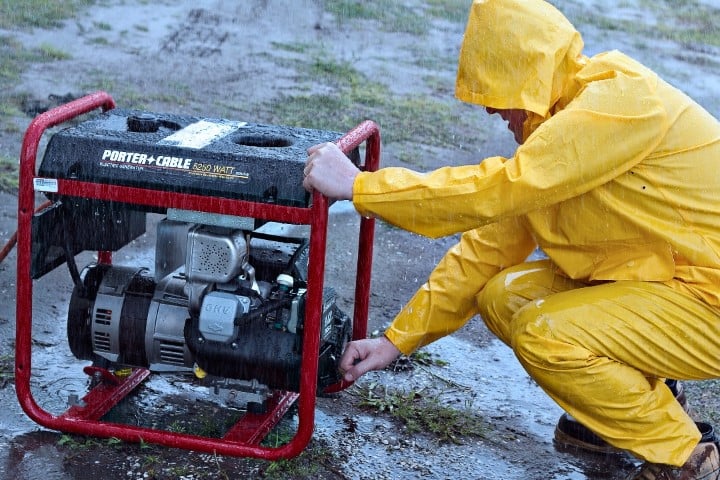Look Before You Pump
'Look Before You Pump' is the name for the educational campaign launched by the OPEI - the Outdoor Power Equipment Institute, designed to educate...

If you buy a leaf blower or other small equipment from a retailer like Home Depot, you may have seen signs for the Look Before You Pump campaign. This was started a few years ago as a joint project between small equipment manufacturers and their retail partners, seeking to make consumers aware that ethanol fuels greater than 10% can cause damage to small equipment pieces like leaf blowers.
 When people talk about “ethanol damage”, they’re really referring to its effect on small equipment. Cars and trucks don’t really have a problem with ethanol damage any more. Their rubber seals and other polymer parts are pretty much impervious to ethanol solvency. And that’s good news for drivers.
When people talk about “ethanol damage”, they’re really referring to its effect on small equipment. Cars and trucks don’t really have a problem with ethanol damage any more. Their rubber seals and other polymer parts are pretty much impervious to ethanol solvency. And that’s good news for drivers.
The same can’t be said for leaf blowers, lawn mower, chain saws and other small engine equipment. The Outdoor Power Equipment Institute (OPEI) began warning consumers in late-2013 about the dangers of accidentally using higher-concentration ethanol fuels in their small equipment. There are millions of “flex-fuel” vehicles out there which can use E85 fuel. Even with the best warnings, people tend to put the same kind of fuel in their lawn equipment that they put in their vehicles. It’s just too easy to bring a gas can to the station and fill it up at the same time as you’re filling up your car.
Leaf blowers are prone to ethanol damage in higher concentrations because they have plenty of parts susceptible to ethanol attack. Rubber gaskets, nozzles, and anything made of aluminum – all get attacked and damaged over time as they stay in contact with ethanol gasoline. The higher the concentration of ethanol in the fuel, the faster the damage occurs.
And lest anyone conclude that this is just “fuel additive maker scare tactics”, consider that small engine manufacturers like Briggs & Stratton void the warranties of their products if ethanol blends greater than E10 have been used in them. Briggs & Stratton aren’t dummies. They've been in the manufacturing business a long time. They know what works and what does not work with what they make.
Apart from being vigilant to make sure you don’t accidentally put E15 or E85 in your leaf blower, it’s also recommended not to leave gas in them for long periods of time. If possible, don’t store any gas in your leaf blower in between uses.
And when you do have gas in them, treat that gas with a quality multifunction stabilizer and ethanol treatment. Those don’t have to be expensive, but they’re well worth the pennies you’ll spend on them, for keeping your leaf blower working as long as it’s supposed to.
Image Credit: bleaufire

'Look Before You Pump' is the name for the educational campaign launched by the OPEI - the Outdoor Power Equipment Institute, designed to educate...

The effects of using ethanol-blended gasoline are well documented when it concerns a medium-to-large engine like that of your car or boat. But what...

The nature of owning a generator is that you never know when you’ll need it most. It’s a hedge against the unpredictability of life. 99% of the time,...